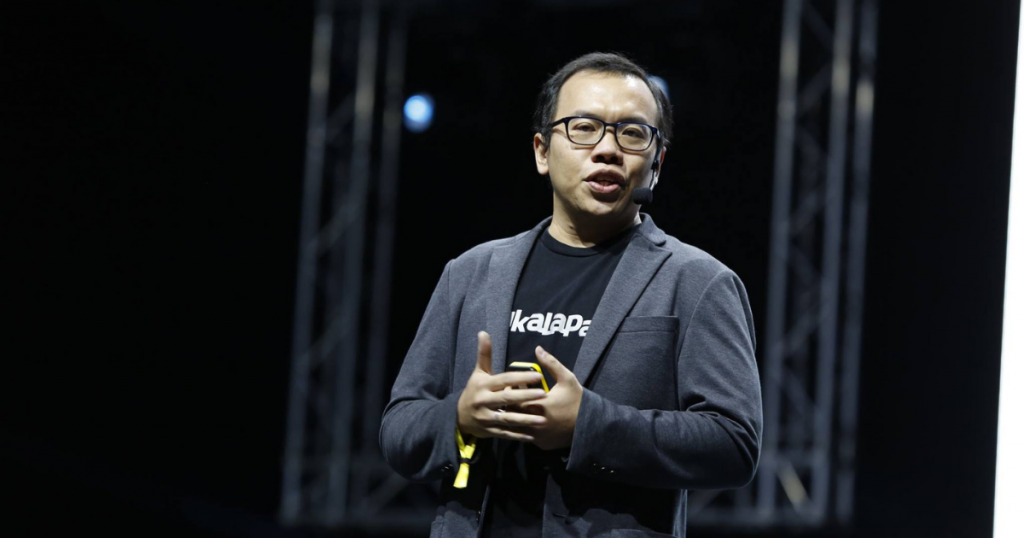Bukalapak, dubbed as “Indonesia’s newest unicorn”, launched in Singapore on Monday (20 May) and has partnered with Janio, a young, local ecommerce logistics startup to handle delivery, according to Straits Times (ST).
Through their BukaGlobal app, consumers in Singapore, as well as in Brunei, Malaysia, Hong Kong, and Taiwan, can now shop on the Bukalapak platform.
This would widen the horizon for Indonesian merchants and would give consumers access to their favourite Indonesian brands, from food to fashion.
Bukalapak co-founder and president Fajrin Rasyid said, “We want to break down barriers that hinder young and small entrepreneurs from competing on a global playing field, primarily on access, infrastructure and connectivity.”
The establishment of BukaGlobal is also the firm’s solution to tackle high postal and courier delivery costs borne by Indonesian businesses.
Its partnership with Janio, signed in March, is the first step to achieving that mission.
This is Indonesia’s first ecommerce site to be available internationally, and it is Bukalapak’s first stage of its global expansion plans.
On why it chose to launch BukaGlobal to the five selected markets in Asia, Rasyid shared that it’s because there are many Indonesians there and these countries are familiar with the Indonesian culture.
Ngurah Swajaya, Indonesia’s ambassador to Singapore added that the strong ties between Indonesia and Singapore “make it the suitable market hub to introduce Indonesian products in the regional market” which could be a “strategy to advance the SMEs’ potential”.
BukaGlobal is currently available to sellers in Jakarta and Tangerang only, but will be open to more sellers at a later time, Marketing Interactive reported.
Bukalapak joins fellow Indonesian unicorns Gojek, Traveloka, and rival Tokopedia as the fourth company to be valued above US$1 billion following an undisclosed funding round in January 2018, Tech In Asia (TIA) wrote.
TIA also noted that while Bukalapak has been “prominent” in Indonesia, it has always been in the shadows of Tokopedia, and regional players Shopee and Lazada.
Founded in 2010, Bukalapak scaled up more than 6,000 times between 2012 to 2017, thanks to its “atypical strategy”.
They focused on experimenting with growth hacks and improvements to product and user experience whereas other ecommerce competitors would expend on “senseless” promotions or subsidies to acquire users.
The site seems to be operating in Bahasa Indonesia at the moment, and we reckon that we can expect more as it grows and becomes localised.
It’s still too early to tell the potential of Bukalapak’s presence in Singapore, but I know of people who will be stocking up on their Mi Sedaap stash.
Featured Image Credit: Tech Sauce (of Bukalapak’s co-founder and president Fajrin Rasyid)
Also Read: Huawei Users, Here’s What You Need To Know About Google’s Android Ban










